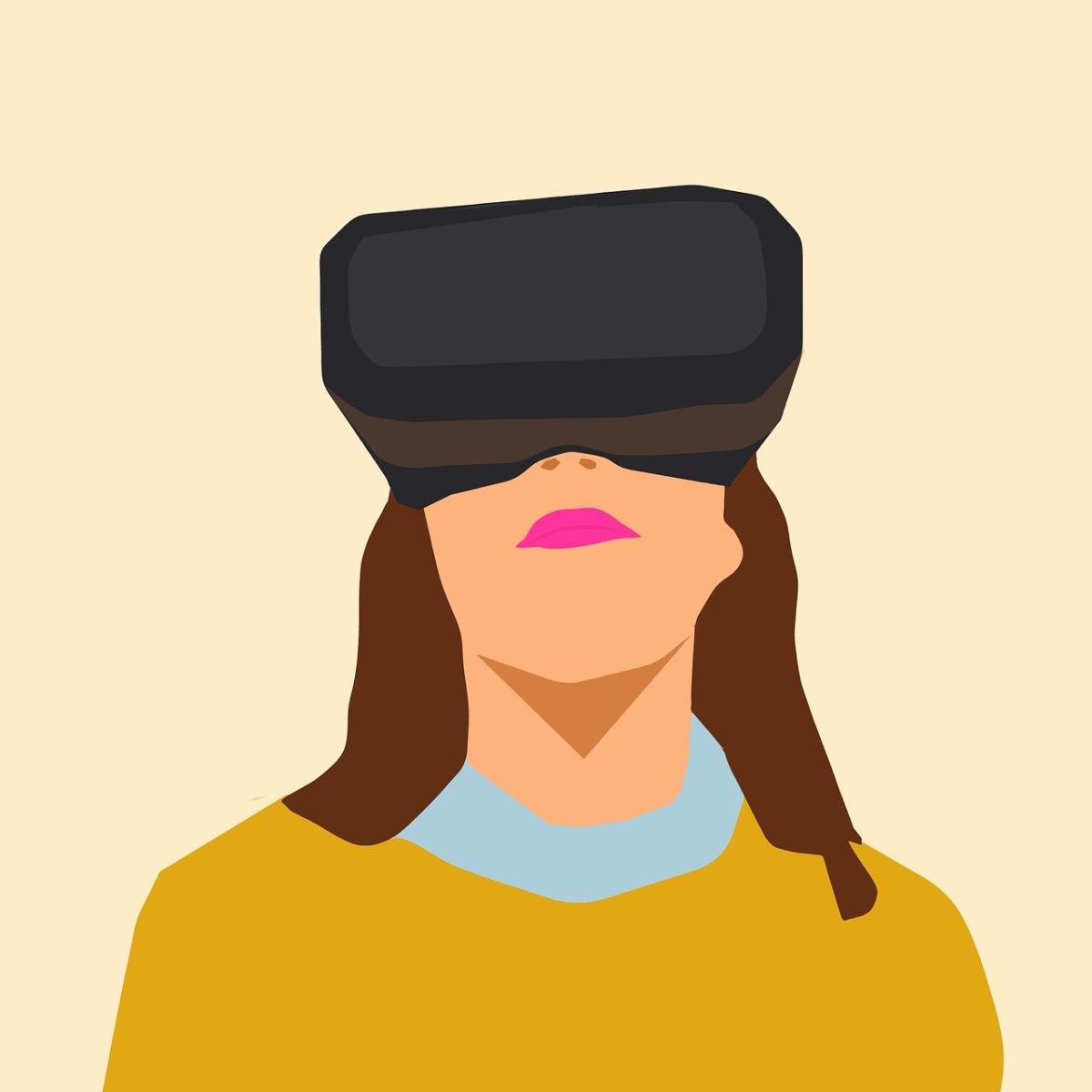An evidence-based simulation toolkit for pre-reg physio education has been developed

The KNOWBEST project, carried out by the University of Hertfordshire (UH), explored the KNOWledge, BEhaviours and Skills required of the modern physioTherapy graduate including the future role of practice-based learning. KNOWBEST included a scoping review of contemporary approaches to practice-based learning, led by Dr Nicola Heneghan, Honorary Senior Research Fellow (UH), with a specific focus on simulation-based learning (SBL). This review concluded that SBL offers considerable potential as an evidence-based adjunct or substitute for existing 1,000 hours of clinical practice-based learning.
SBL is an educational technique that allows interactive – and at times immersive – activity by recreating all or part of clinical experience followed by debrief time and activities. While some education providers of physiotherapy education have engaged with SBL for some time, others have less experience and the need for a simulation toolkit as a profession specific resource to help greater use and engagement in SBL was clear. The CSP commissioned the University of Hertfordshire to develop this toolkit to help members.
As a profession we must embrace and develop our evidence base in simulation-based learning,’ says Reena Patel, CSP assistant director for workforce and education. ‘It provides a valuable opportunity for learners to prepare for professional practice in a way that is safe and authentic whilst providing structured time and space to reflect.
The toolkit was designed and constructed by a group of SBL experts, both within and outside the physiotherapy profession, again led by Dr Nicola Heneghan. The aim was to provide a structured (10-part) profession-specific resource and a toolkit applicable whether you are new to simulation-based learning or if you wish to extend your knowledge or use of such an approach. In addition, the toolkit can be used to help physiotherapy education providers design and deliver simulation-based learning within their programmes.
Vaidehi Patel, second year physio student at University College Birmingham, was recently on placement at the CSP and completed a leadership project simulation in physiotherapy education.
‘Working on the simulation project taught me that simulation is more than just entertaining gadgets; it is the functioning of real-world processes or systems using models.
‘The model describes the key behaviours and characteristics of the selected process or system, whereas the simulation illustrates how the model changes over time under varied situations. It has both high and low fidelity.’
The toolkit draws on educational theory, profession-specific empirical evidence, best-practice guidelines, standards as well as clinical and academic expertise so provides a wealth of resources to help physiotherapy education providers design and deliver SBL within their programmes. The KNOWBEST Steering group was consulted throughout to inform structure and content validation and ASPiH Executive Committee members also provided feedback.
There are several features that best facilitate learning within simulation-based learning: SBL activities that are integrated within the curriculum, repetitive practice, ability to adopt to different difficulty levels and the ability to provide debriefings to promote reflection.
A unique aspect of simulation-based learning as a teaching method is that is can be designed to suit the level of the learner by integrating the cognitive, behavioural, and affective development of the student.
Find Out More
Number of subscribers: 1
